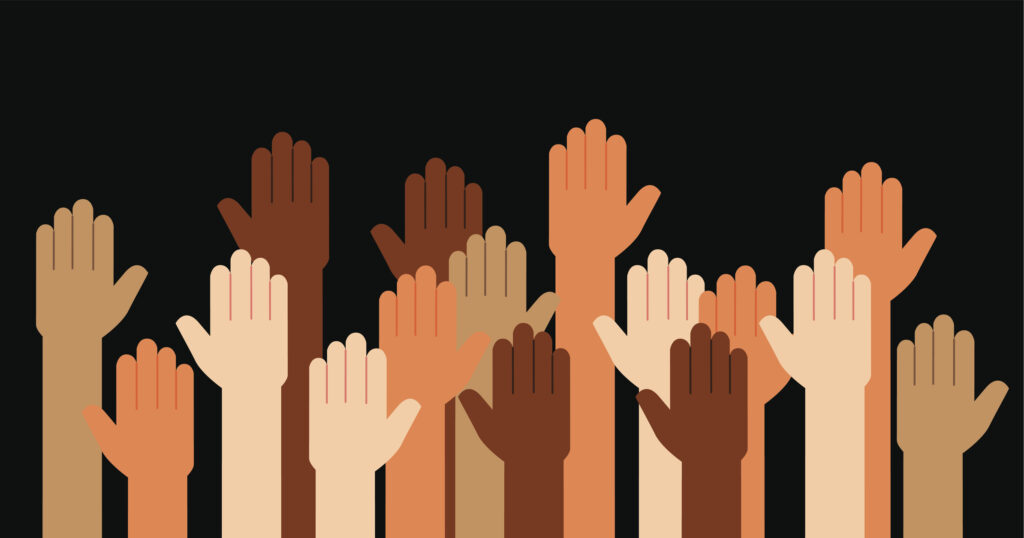By Sharon Danosky
In a letter dated March 31, 1776, Abigail Adams writes to her husband, John Adams: “I long to hear that you have declared an independency. And, by the way, in the new code of laws which I suppose it will be necessary for you to make, I desire you would remember the ladies and be more generous and favorable to them than your ancestors. Do not put such unlimited power into the hands of the husbands. Remember, all men would be tyrants if they could. If particular care and attention is not paid to the ladies, we are determined to foment a rebellion, and will not hold ourselves bound by any laws in which we have no voice or representation.
Nearly 250 years later, equity is still not yet within reach…
- Women CEO’s at nonprofits earn 75% of what men do, according to Candid’s “2020 Nonprofit Compensation Report,” which is based on informational tax returns from more than 100,000 organizations
- Women only account for 60% of the leadership in small nonprofits
- Women of color face even greater pay gaps and more obstacles to career advancement
COVID-19 has exacerbated the inequities. Since the start of the pandemic, nearly 1 million nonprofit jobs have been lost and because nearly 75% of nonprofit employees are women, they have shouldered most of the losses. Women also had to leave their jobs when schools and childcare shut down.
The inequity in pay shudders throughout every aspect of a woman’s life. From the quality of life she can offer herself and her children, to retirement, to wealth accumulation for her heirs, even to our basic sense of self-worth.
These discrepancies are perpetuated throughout our sector, and most especially at the board level, where there are fewer women on nonprofit boards and the ramifications of these discrepancies fail to be heard.
Having been in this field a few decades now, I find it more than infuriating. We need to recognize the value in each other. We who have been in the field need to mentor new talent and stress their worth and value. We need to hold our male colleagues accountable. And we need to continually fight for every woman we hire – and pay her equitably from the start of her career. And board members need to think about the hiring practices of nonprofits that allow woman to be paid less money and not receive adequate health care benefits – assuming they will be on their husband’s health plan.
I hope, as we emerge from this pandemic, we commit to creating a world that is equitable for all and we challenge the norms that have become our country’s habit and history – for way more than 250 years.



